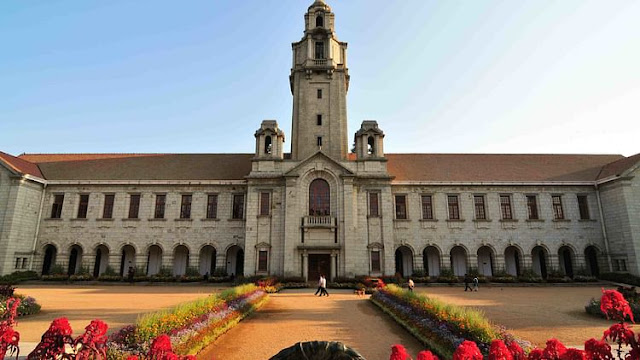Education for success: Considerations for a Liberal Education
For the students in India, 2020 changes everything. It's been a while that the usual formula - entrance examinations, engineering degrees and IT jobs - was looking shaky. But, now, with the economy in a full crisis mode, a new imagination is needed. With the old ways of doing things falling apart, the only safety now is in finding one's own way by being really really good at something.
But how does one know what she can be really good at? A broad education, which allows intellectual freedom of exploration and synthesis, is hardly offered in India. A society obsessed with safe careers, students specialise early: Most peoples' lives are spoken for when they reached secondary school and they start taking special coaching classes with an eye on the profession. The community, the family and the parents decide what the student would do in life: There is very little choice, very little experimentation, to be allowed in a decision that one has to live with all her life.
However, this predetermination is only part of the problem. The bigger problem is that the system of education in India privileges only one type of ability - analytical! The whole education system, at all levels, is focused on a person's ability to apply knowledge to solve predefined problems. The creative and the practical abilities of a person are completely ignored within the formal system of education. It is not just that one doesn't get to know what one could be good at, if they are creatively or practically inclined, they are classed as failures.
In a society such as India's, where the caste system of the old has been combined with a middle class 'meritocracy', this is an enormous waste of human potential. Only equipped to provide answers to other people's questions, an Indian student is predestined to the obscurity of the back-office. This may have worked in the 1990s and India was a major beneficiary of globalisation. But those glory days of offshoring is really and truly over. The twin forces of political pressure and automation of the workfloor (which reduces labour costs as a proportion of total costs and make smaller near-shore production facilities viable) has put globalisation on the reverse gear. With this reconfiguration, the whole model of Indian education - narrow and early focus on technical skills, privilege for analytical abilities and the aspirations to be 'mediocre and safe' - has become obsolete.
Enter Liberal Education: A new model of undergraduate education that will allow the intellectual freedom and exploration, combine opportunities for realisation of one's learning potential and cultivate the students' ability to ask the questions (as well as of finding answers). Indeed, the term is much abused. A foreign model, Liberal Education has been used to mean - in some cases - an American-style education, that will help the students seek admission in US colleges. Also, the colonial heritage meant that the Liberal Education is taken to be an overtly literary education, which privileges English literature above all else. At the same time, liberal education has come to mean, in some quarters at least, a traditional education, one that would look back rather than looking forward and the Indian students will live with the Gurus studying Sanskrit and other traditional texts. A model for Liberal Education fit for 21st century India remains as yet undefined.
But the need for it is clear and component parts of it are clearly identifiable: That we are having this discussion is the first step in creating such a model. As the globalisation recedes and intelligent machines take over process jobs that Indian workers were so good at doing, Indian students will now need an education that helps them to deal with uncertainty, take control of their own lives and to shape and to lead their own futures. This education needs to give them freedom to explore and develop not only their analytic, but also the creative and practical abilities. It needs to end the colonial dichotomy of style and substance (best expressed by 19th century Chinese official Zhang Zhidong: 'Chinese learning for substance; Western learning for practical application'). With this education, Indian students will neither feel inferior (so as to embrace an anglicized identity wholesale) not be defensive (so to reject all things foreign). India's great hope of a demographic dividend crucially depends on the realisation of such a model.


Comments